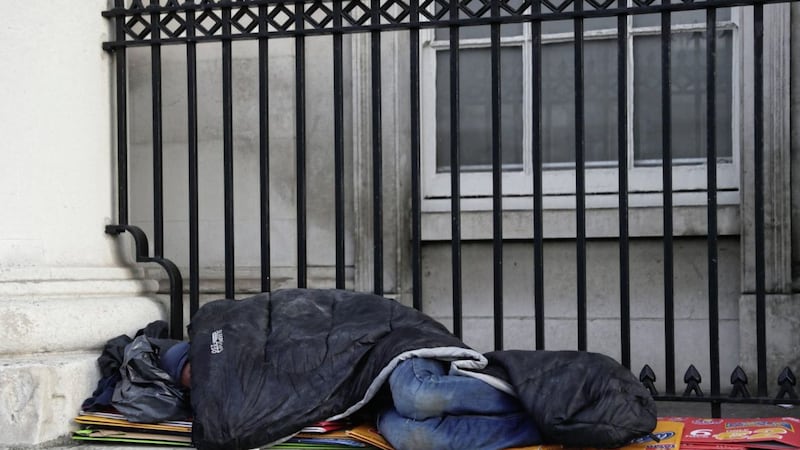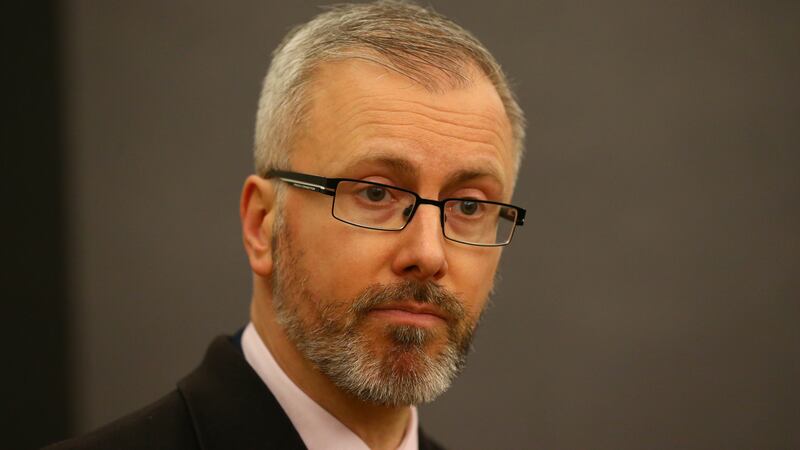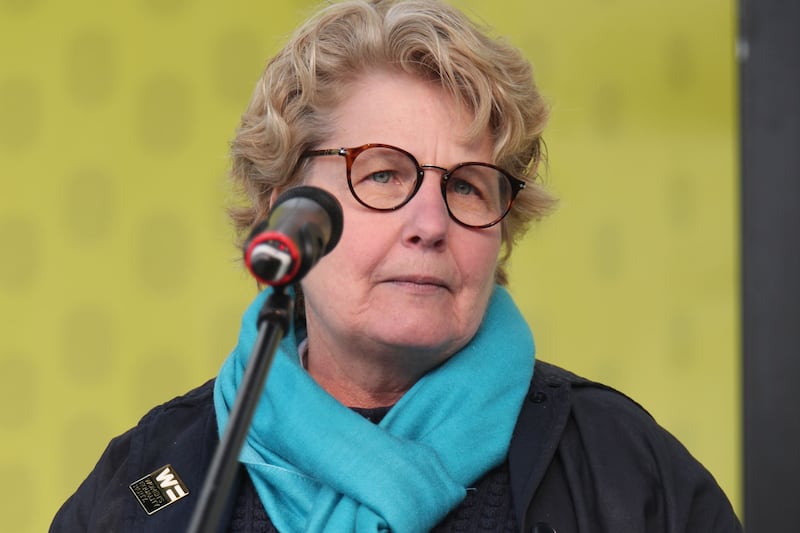Parental rejection of young people's sexual orientation and gender identity can be a key trigger in the decision to leave home and can lead to homelessness, research has found.
According to a new report released by Focus Ireland and BeLonG To Youth Services, young people revealed a "deeply concerning" connection between homelessness and mental health problems.
The research study, the first of its kind in Ireland, was carried out by Professor Michelle Norris and Dr Aideen Quilty of University College Dublin.
It involved interviews with young homeless people, aged 18 to 30 who identified as LGBTQI+ as well as a number of policy makers in the homeless sector.
The report identified a high degree of fear and anxiety among the young people when engaging with homeless services.
The majority of young people interviewed were unwilling to go to places like hostels over fears they would face homophobia and transphobic attitudes.
The research showed that while there was an overwhelmingly positive impact for those who did access frontline services, such as key workers, other young people reported instances of "less positive" interactions with staff and homeless people.
Focus Ireland director of advocacy Mike Allen said: "The report raises a number of important challenges for the homeless sector.
"While we believe we run inclusive organisations we need to listen to the perspective of young people who are doubly marginalised and respond accordingly.
"We are in a housing and homeless crisis with many dimensions, and to bring this to an end it is vital to fully understand the range of challenges that people face.
"Given the scale of the challenge it is easy for the experiences of this group of young people to go unheard. We need to have solid data which clearly outlines why young people in the LGBTQI+ community become homeless and what could be done to prevent them from becoming homeless in the first place."
The young people interviewed also said they remained silent over their LGBTQI+ identity and homelessness.
Research co-author Dr Quilty said that the young people's stories highlight their levels of resilience.
"We have a responsibility to ensure their stories matter and that we respond through targeted, appropriate actions," she added.
Co-author Prof Norris said: "The report demonstrates that LGBTQI+ young adults face additional risks of becoming homeless due to conflict with parents and caregivers regarding sexuality and gender identify.
"In addition these young adults face additional barriers to accessing services when they do become homeless and building strong relationships with service providers.
"Therefore, it is critical that LGBTQI+ youth homelessness is address in the planned Youth Homeless Strategy'."








